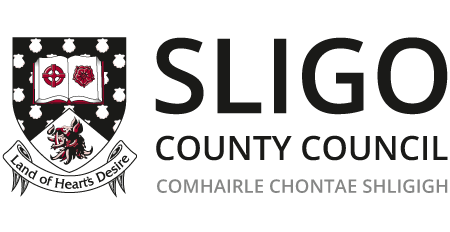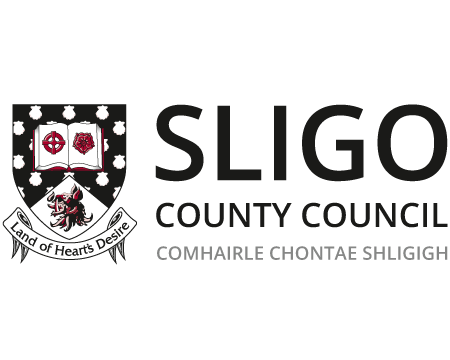Hard Water Information Sheet – SCC
Introduction
Hardness is a natural characteristic of water which can enhance its palatability and consumer acceptability for drinking purposes. Hardness in water is caused by the presence of naturally occurring minerals, calcium and magnesium. Both are non-toxic and do not make water unsafe to drink.
What Can I Do If I Have Hard Water-General Advice?
The main disadvantage of hardness is that it can cause the build up of limescale deposits on household appliances. There are a wide variety of products available commercially to limit the affects of water hardness on appliances. More information on the use of these products and the specific settings required for each appliance can be found in the instruction manual for your appliance.
Water Quality Limits
There is no specific limit for hardness under the Irish Drinking Water Regulations.
Hardness is generally expressed as mg/l CaCO3 units. The following is one of several arbitrary classifications of water hardness.
- Soft Up to 50 mg/l CaCO3
- Moderately Soft 51-100 mg/l CaCO3
- Slightly Hard 101-150 mg/l CaCO3
- Moderately Hard 151-250 mg/l CaCO3
- Hard 251-350 mg/l CaCO3
- Excessively Hard Over 351 mg/l CaCO3
Water Hardness In County Sligo
Please see below the average water hardness for each Public Water supply in the County.
| PUBLIC WATER SUPPLY | AVERAGE WATER HARDNESS (mg CaCO3/l) | WATER HARDNESS DESCRIPTION |
|---|---|---|
| PUBLIC WATER SUPPLY | AVERAGE WATER HARDNESS (mg CaCO3/l) | WATER HARDNESS DESCRIPTION |
| Foxes Den Public Water Supply | 100 | Moderately Soft |
| Kilsellagh Public Water Supply | 140 | Slightly Hard |
| Killaraght Public Water Supply | 485 | Excessively Hard |
| Lough Easkey Public Water Supply | 32 | Soft |
| Lough Gill Public Water Supply | 110 | Slightly Hard |
| Lough Talt Public Water Supply | 80 | Moderately Soft |
| North Sligo Public Water Supply | 140 | Slightly Hard |
| Riverstown Public Water Supply | 320 | Hard |
| South Sligo Public Water Supply | 180 | Moderately Hard |

